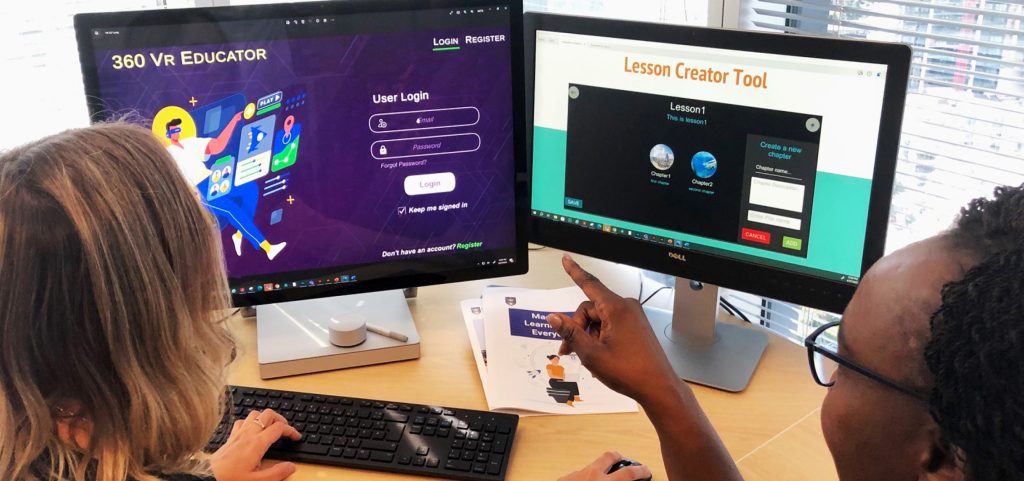AI advances in education

As AI technology permeates the consumer sector, it is reshaping expectations in the educational landscape.
Its transformative potential has opened up new possibilities in teaching, learning and administration, challenging the traditional pedagogical model. However, this development has caught many educational institutions and ministries off guard, causing them to grapple with a steep learning curve to integrate into their curricula and administrative systems… with little or no policy guidance.
The rise of blended learning in the post-Covid-19 world has caused a sudden shift in education and training. It has brought out the need, more than ever, for the power and potential of technologies, such as AI, especially its capacity to facilitate remote learning and personalise the learning experience.
The Commonwealth of Learning (COL) has consistently advocated using appropriate blends of technologies in open and distance learning (ODL), prioritising accessibility for all. This approach enabled COL to support ministries and institutions in many Member States in maintaining resilience during the Covid- 19 pandemic lockdowns.
COL has been at the forefront of using massive open online courses (MOOCs) for learning for sustainable development.
Our micro-courses portal, COLcommons, has engaged tens of thousands of learners. COL’s recent work in virtual reality (VR) aims to incorporate experiences from working in low-bandwidth circumstances in developing countries. Women have been significant users of innovative technologies such as MobiMOOC, which blends the features of Internet technology with a delivery system via phone calls. We have also facilitated South–South co-operation in building capacity for virtual labs.
With recent developments in generative AI, we are developing innovative AI-powered learner support systems using GPT (Generative Pretrained Transformer). COL has organised expert-led webinars on the use of generative AI in education and training to highlight the opportunities and challenges for teachers and institutions. We hope that through open-source innovations, the rise of yet another digital divide in education can be avoided.
In this issue of Connections, we will examine how advances in AI are revolutionising the global landscape of open and distance learning and explore how unprecedented opportunities to transform education can be harnessed without losing sight of ethics and inclusion.

